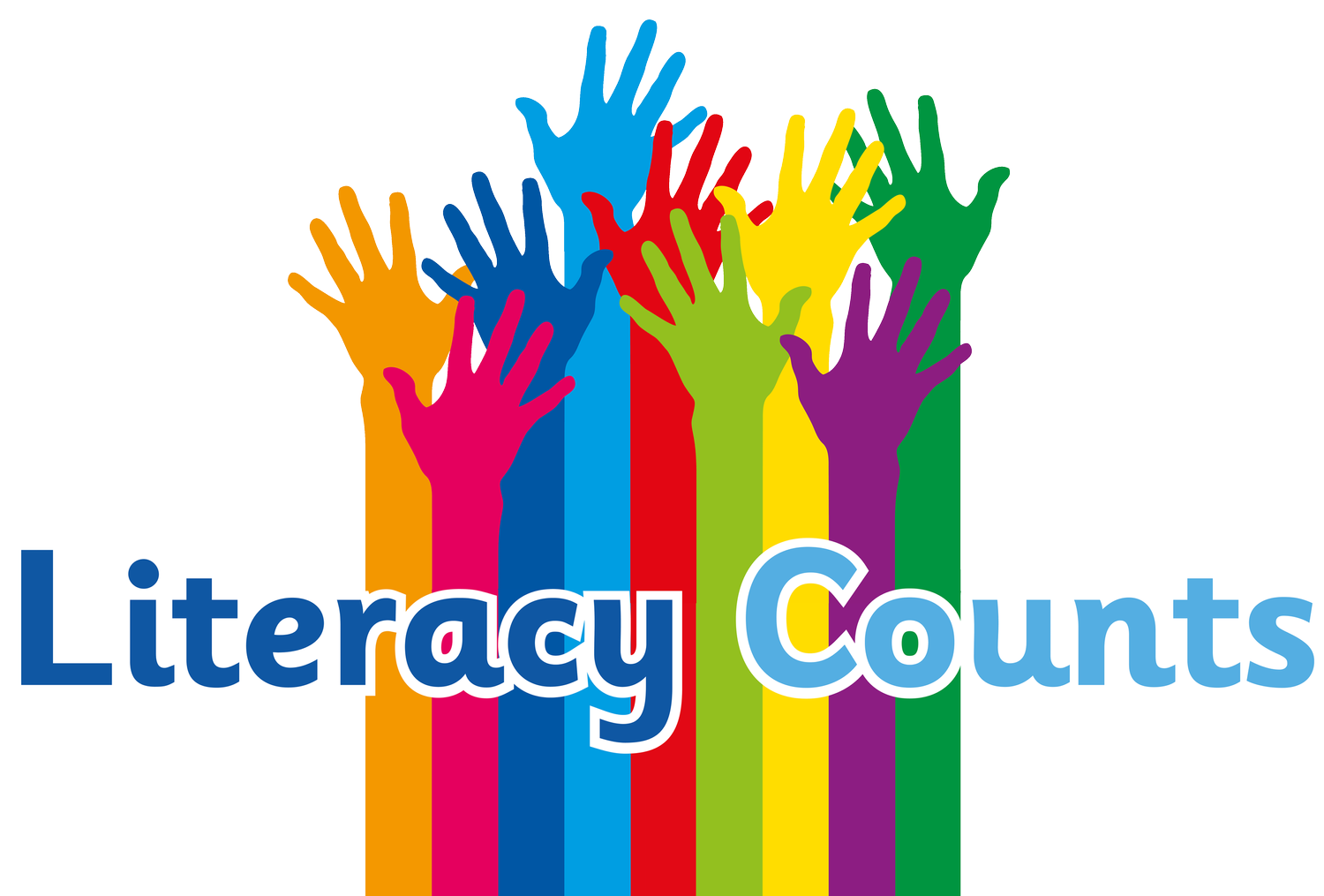Ready Steady Intervention is a 1:1 Teaching Assistant intervention for children that make progress less quickly in reading from Year 1 - Year 10. The intervention encourages the love of reading, helps develop children into effective readers, and ensures that all children are able to read easily, fluently and with good understanding.
Get in touch for availability and costings!
hello@literacycounts.co.uk

Ready Steady Intervention is a Reading Intervention which is led and managed by Teaching Assistants. Some schools may choose to have the SENDCo or another Lead teacher overseeing the impact. It is compatible with current approaches to the teaching of reading, including Systematic Synthetic Phonics Programmes.






What have schools said about the training?
“This valuable and consistent 1:1 intervention has certainly improved the reading of those children engaging in the programme. One child who was reading robotically, is now reading with good expression and is volunteering to read at home. Overall, the cohort of children have gained in confidence.”
“The TAs have been able to manage the programme independently and are enjoying delivering the programme.”
SENDco, Monks Coppenhall Academy and Day Nursery
FAQs
-
Ready Steady Intervention is a 1:1 intervention for reading.
-
For children that make progress less quickly in reading from year 1 through to year 10. For KS1, the children should be slightly below age related expectation or below the Expected standard. For KS2 & KS3 the children should be reading below their chronological age.
It is usually thought that year 1 children who are reading below the expectation should be involved in over-learning of phonics. Many phonic schemes include such opportunities and resources.
-
It encourages the love of reading, a wider range of reading and helps develop children into effective independent readers. It ensures that all children are able to read easily, fluently and with good understanding (comprehension). This intervention can also improve the ability, stamina and confidence of the lowest 20%.
-
Teacher Assistants and a Senior Leadership Team member or Higher-Level Teaching Assistant usually coordinates the team.
-
It is compatible with current approaches to the teaching of reading, including Synthetic Phonics Programmes.
-
It is a short and impactful intervention which can last for up to 10 weeks. (3 x 15-20min sessions each week.) It can be longer or shorter depending on how many sessions are run per week.
-
There is an assessment on entry to and exit from the programme. A simple weekly reading analysis/ Running Record Tracking tool is used to monitor progress. Other tools used by the school can also be used e.g. Benchmarking.
-
No additional books are required. It is important to have books which are going to interest each child.
-
2 school days and an SLT member/Coordinator is encouraged to attend on the first morning. (It usually works well when this person also joins the training at the end of Day 2 to agree actions.)
The training works very well when both days of training are within the same week.
-
In terms of resources, we source schools with a short handbook, model letters, model reading assessment sheet and structure for the intervention but schools need to source the reading books children use themselves. These are often from books you already have in school and we give guidance as to how to select these books.
Schools will need to source their own reading books but these will be from what is already in school. We give advice as to how to select the correct level book for each child.
-
Yes. In reference to the Education Endowment Foundation Teaching and Learning Toolkit, it includes 6 of the strategies that have the highest impact: Metacognitions & Self-regulation, Reading Comprehension Strategies, Feedback, Phonics, 1:1 Tuition and Teaching Assistant Intervention.
-
There are no formal lesson plans for Ready Steady Intervention. It is more a standard approach which is used along with a specific reading analysis.
Join our mailing list!
Join our mailing list to keep up to date with news and upcoming courses!










